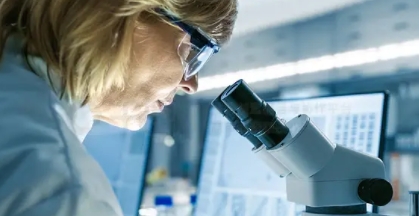Optics in Everyday Life
Optics is a discipline that studies the interaction of light with matter and the propagation of light. Here are some specific applications of optical phenomena in everyday life:
-
1. Mirrors: Mirrors utilize the principle of light reflection to bounce incoming light back, allowing us to see our reflections. If the mirror surface is not smooth, distortion or stretching of the image can occur, as seen in funhouse mirrors. Car rearview mirrors also leverage light reflection by using a concave design to provide a clear view of objects behind in a small mirror, enhancing the driver's visibility.
-
-
2. Mirage: This mystical natural phenomenon arises from light refraction and reflection. When the sun, Earth, and moon align, the moon blocks sunlight, creating an optical illusion. This showcases the unique application of optical principles in nature.
-

-
3. Holography: Holography, an advanced imaging technique, utilizes the interference principle of light to record an object's three-dimensional information. It finds wide applications in scientific research, art, and security fields.

-
-
4. Spectrometer: A spectrometer is employed to analyze different wavelength components of light, like a spectroscope. It is extensively used in fields such as chemistry, physics, and astronomy.
-
-
5. Fiber Optics Communication: Fiber optics employ the principle of total internal reflection to transmit information through light signals. Widely used in telephony, internet, and television communications, the high bandwidth and low loss of fiber optics make it a key technology in modern communication.
-
-
6. Eyeglasses and Lenses: Eyeglasses, microscopes, telescopes, and camera lenses all use lenses to focus light. The shape and curvature of a lens determine its focusing effect. For instance, concave lenses are used in nearsighted glasses to correct vision.
-
-
7 Laser: Laser is a highly focused beam of light characterized by monochromaticity and coherence. It finds extensive applications in medicine, manufacturing, measurement, and communication. For example, laser surgery is used in ophthalmology and skin treatments.
-
-
8. Optical Sensors: Optical sensors are utilized to detect light intensity, color, and position. They play a vital role in automation, automotive, smartphones, and scientific instruments.
-
In conclusion, optics is not only a fundamental scientific discipline but also plays a crucial role in our daily lives!

